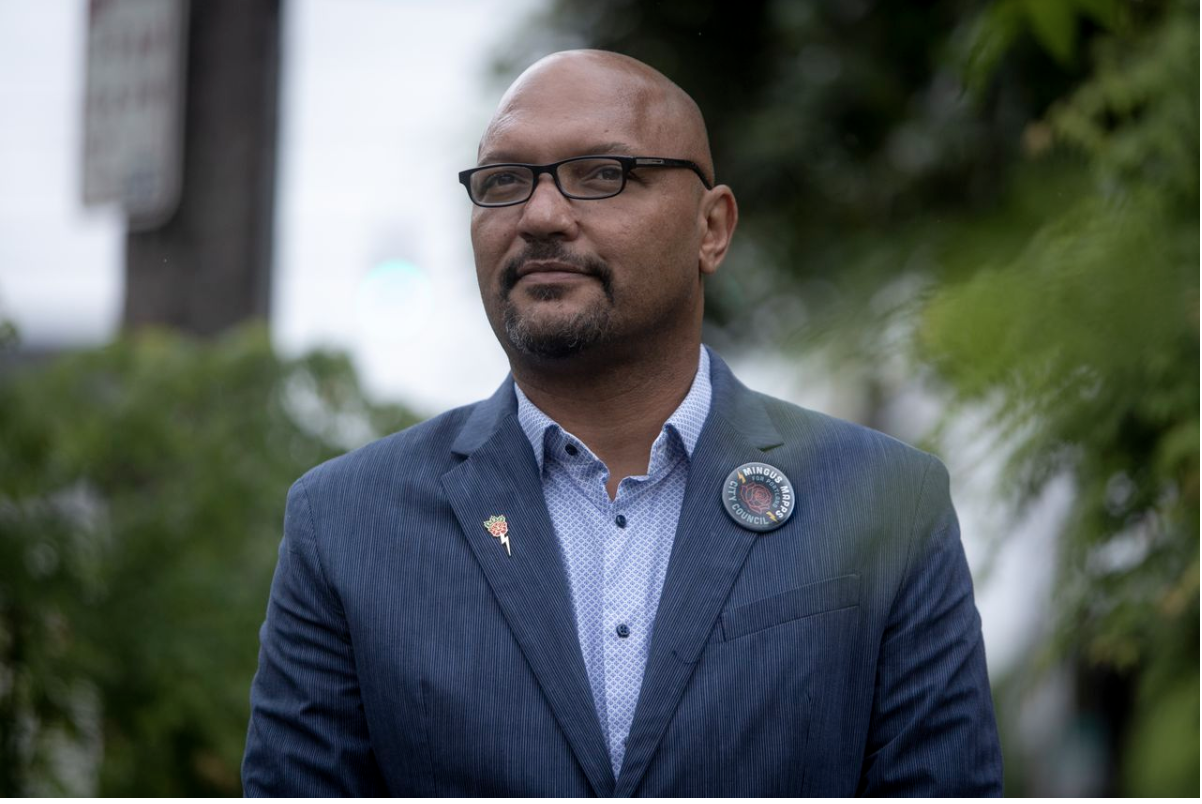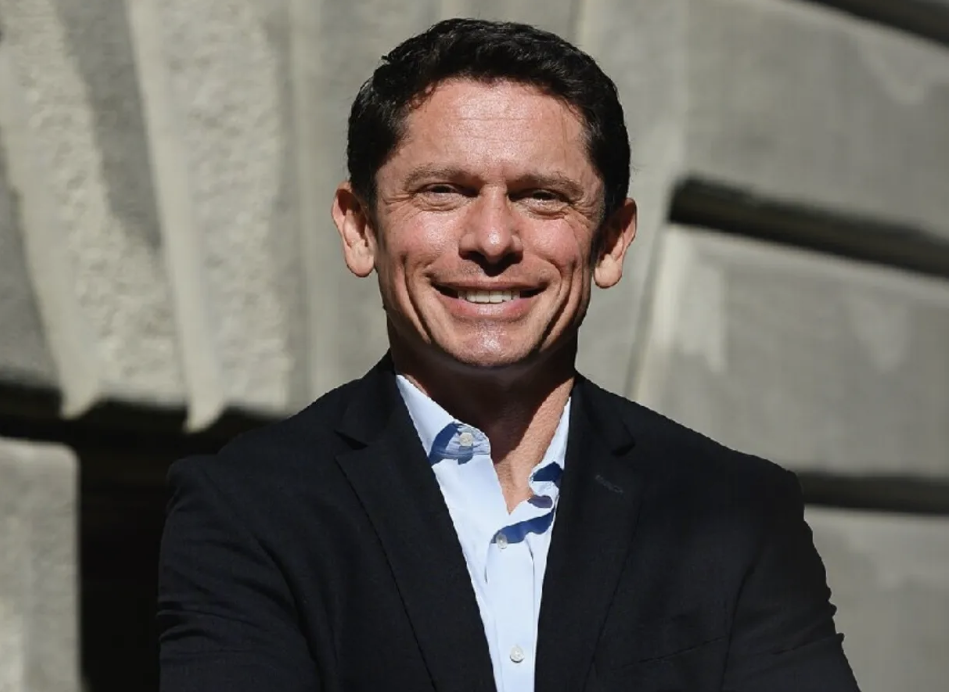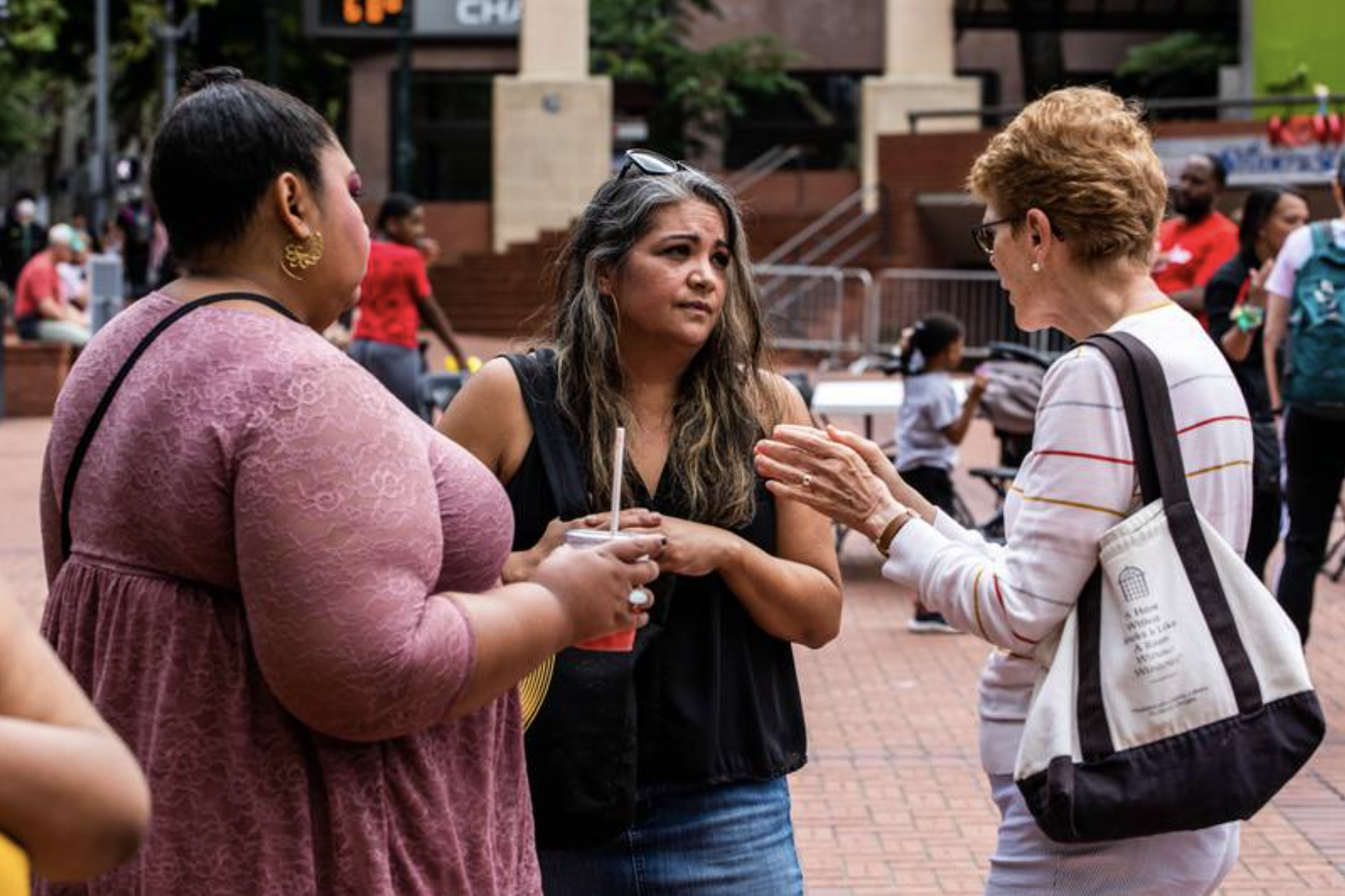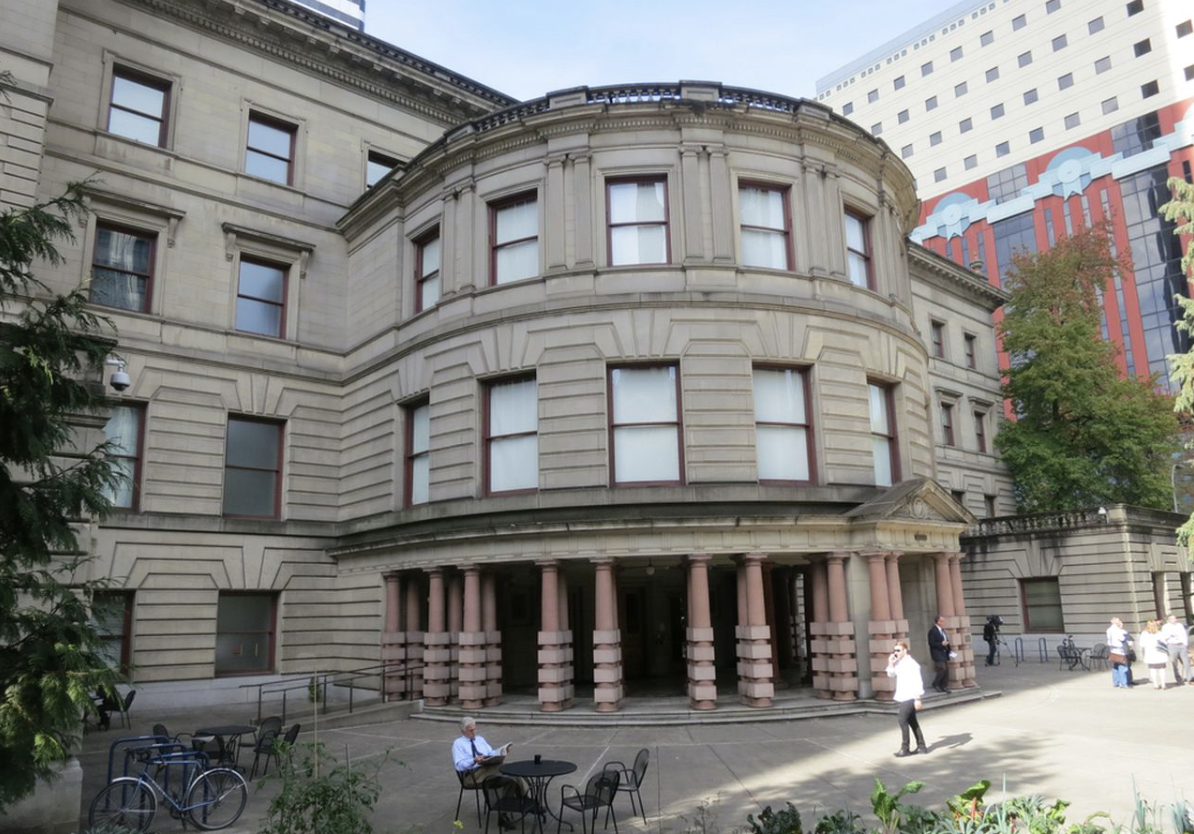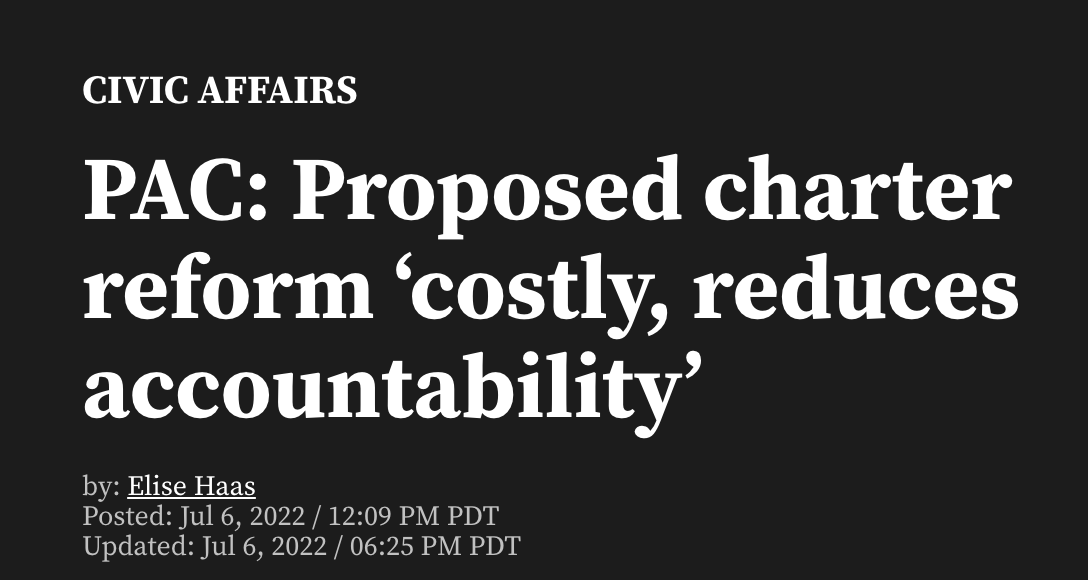Stay Up To Date.
We absolutely support changing Portland’s archaic system of local government. But abandoning one flawed system for an untested option is not the solution, and this measure is overly complex and too much a risk for added chaos at a time when the city is struggling to confront its homeless and small business crises and other pressing issues.
Rarely has the appetite for change been stronger. But a volunteer committee tasked with the once-a-decade job of reviewing the city charter did its surgery with a sledgehammer instead of a scalpel.
Rather than focusing on the most effective way to streamline and professionalize city services, the 20-member Charter Commission proposed a novel government structure untested in any other city in America.
Portland would lurch from one form of government that no other large city uses—the commission form, with elected officials overseeing the management of bureaus—to another that no other large city uses.
Everyone agrees that Portland has big, complicated problems and City Hall is not delivering solutions. It may be hard to imagine, but the proposal from the Charter Commission up for vote on November 8th will only make matters worse for Portland.
As lawyers, we have been fielding a lot of questions about the city charter amendment proposed by the Portland Charter Commission. The most frequent one is, "Can you explain 'single transferable vote'?" And the answer each of us gives is, "Sorry, no."
Portland certainly needs a new system of governance, but adoption of the Charter Commission's proposals would make a bad system worse. One problem is the complicated and untried combination of ranked-choice voting with multi-member districts to choose the members of the City Council.
It’s not wholly baffling that Saadat would oppose the measure. She’s close with Thomas Lauderdale, the Pink Martini bandleader, and former advisors to late Mayor Bud Clark, all of whom are active in a “no” campaign. But it was nonetheless surprising.
We asked her about that seeming dissonance. Saadat argued the changes would add voices to City Hall but create such confusion that the ostensible gains for equity would be worth little.
Click to listen to her full answer in the clip.
Saadat argued the changes would add voices to City Hall but create such confusion that the ostensible gains for equity would be worth little.
“If we send everyone into a room where it’s not functional,” she said, “it’s no more functional just having more people there.”
Portland doesn’t need a unique system. We need a system that we know will work. Unfortunately, the proposal engineered by the charter commission introduces deeply flawed provisions that threaten to make city government even more dysfunctional and less accountable. The model is also built on highly optimistic assumptions that don’t match reality. It ignores the huge success of public campaign financing in fostering the diverse representation this new system purports to create.
And parts of the proposal itself are so confusing that supporters themselves have repeatedly misstated what is required, claiming – incorrectly – that any candidate who wins a seat on City Council must receive a minimum of 25%-plus one of votes in their district. That’s not the case, as they later conceded in an email.
Portland’s government absolutely needs change from our current system. But voters shouldn’t be pressured into adopting something even worse.
Under this system, a candidate running for a seat in a multimember district could win a position on the Council with as little as 25% of the vote. One consequence could be a councilor able to remain in office by consistently satisfying just that small segment of eligible voters and ignoring those who are disenchanted with their performance because it would require 75% of voters to vote against the entrenched councilor to remove him or her.
As Tim Nesbit, a former chief of staff to Democratic Governor Ted Kulongoski and a critic of the ballot measure, wrote in the Portland Tribune, “This will be a ‘welcome to the Hotel California’ for candidates who seek office in the first council election to follow. It will be easy to check in to the council, but much harder to be forced to leave.”
I am a progressive and I associate with those who share my vision of a just and democratic future. Why, then, am I voting no on Ballot M easure #26-228, a measure which would change the structure of Portland’s city government?
Portlanders say homelessness is a problem. Does this measure fix this? No.
Portlanders say gun violence and crime are problems. Does this measure fix these? No.
I think that they have put too much in there that I think is going to make the next form of government- if that’s passed- unworkable in a different way.
Measure 26-228 suggests dividing the city into four districts and electing three council members to represent each district. Mapps' proposal, however, goes further to divvy the city into seven districts, each represented by a single council member.
The proposal scraps the form of ranked-choice voting introduced by Measure 26-228 called single transferable vote, which would allow candidates to win a seat on council if they won just 25 percent of a district's vote.
Like the official ballot proposal, his alternate package would scrap Portland’s odd — and, many say, dysfunctional — commission form of government and create geographic council member districts.
And it would shy away from the official proposal’s most contentious provision, an unusual system to select council members that is not used in any other U.S. city and is similar to those chosen by only a handful of American municipalities
I am not a fan of four districts with three representatives picked from those four geographic areas for a total of 12 council members. I want a larger council, but I want single-member districts with smaller geographic areas to serve. I want to know that someone represents our part of Portland at city hall and feels responsible to help voters from this area with building permits, policing challenges or anything else. I think this multi-member approach leaves it unclear who a voter should contact when they have a concern, something that is already an issue with our current system.
I am fine with ranked choice voting, but I am not a fan of ranked choice voting in four large districts that are represented by three people with the style of rank choice voting that has been proposed. The ballot tallying method is hard to understand.
Portland certainly needs a new system of governance, but adoption of the Charter Commission’s proposals would make a bad system worse. One problem is the complicated and untried combination of ranked-choice voting with multi-member districts to choose the members of the City Council.
“Sadly, City Club’s partisan email demonstrates that ideological advocacy has become more important than a debate on the merits,” the two opponents wrote in their letter.
“We cannot in good conscience be used as window dressing for a flawed and tainted process that seeks to advocate for a pre-ordained outcome in the guise of a legitimate debate.”
Voters should know not only how to vote, but how their votes will be counted. This article says Portland’s proposed system is “vague” because “We don’t actually know the specifics of how vote transfers would work in Portland. Single transferable vote can vary between jurisdictions, and when new voting methods get adopted, the real nitty-gritty gets worked out after adoption.”
Super-minority thresholds, like the one proposed this year (25%), make it easy for politicians to gain office with support from only small segments of their electorates and make it hard to unseat them thereafter, even when they lose the support of most of the citizens they represent.
The pro-charter folks promoted this video to show how their radical proposal to use the single transferable vote method to elect city council members in 3 member districts actually works. It clearly shows why many voters think it is complicated and confusing, and why it is not used in multi-member districts anywhere in the United States.
“Developing a sensible alternative helps communicate to voters that they don’t have to make an all or nothing choice,” said Knowles, who was one of three charter commissioners to vote no on the commission’s ballot measure.
The commission’s final proposal was far from the narrowly tailored fix many had envisioned.
“In recent years Portland has become a petri dish for philosophical experiments,” said Vadim Mozyrsky, one of the three members of the commission who voted against the proposed measure and now among its most outspoken opponents. “This is just the latest example.”
Proponents of Portland’s charter reform proposal (Measure 26-228) try to make it sound so simple and straightforward; just a good government initiative that will transform the city.
Not so. The proposed radical change in how city officials would be elected is a convoluted jumble that few probably comprehend.
“Let’s kill this measure and support reform that focuses on service delivery and accountability. Let’s make Portland once again ‘The City that Works.’”
The alternate package would scrap Portland’s odd commission form of government and create single member election districts,
His resignation followed the news that a public opinion poll conducted in the spring, unseen by Mozyrsky and many of his colleagues, showed that 72% of polled voters wanted to break the reforms into separate measures.
A poll showing 72% of respondents preferred to vote on separate ballot measures rather than an all-or-nothing reform measure was hidden by Charter Commission ally.
“Instead of creating narrow single-member districts aligned as much as possible with identifiable communities, the commission proposes dividing the city into four large districts with three representatives from each quadrant to comprise a 12-member legislative body. Such a decision disregards Portland’s strength – the vitality and vibrancy of its diverse neighborhoods.”
“And I am troubled by the concept that the Charter Commission can’t trust the voters to choose between the three ideas and find our own version of the way we want our city to be run.”
Partnership for Common Sense Government says the package is extreme, confusing, and costs way too much money.
“I’m very concerned about the election form that’s been chosen because multi-member districts coupled with ranked choice voting is an untested system in the United States.”

























